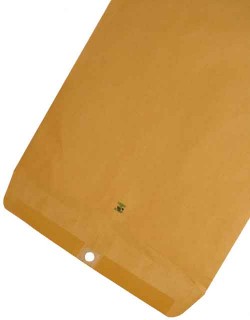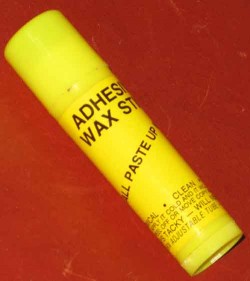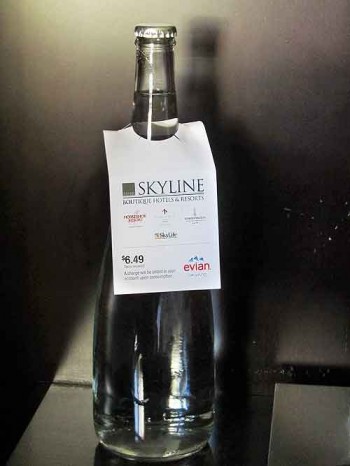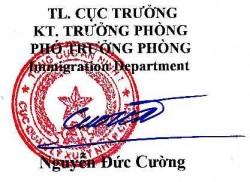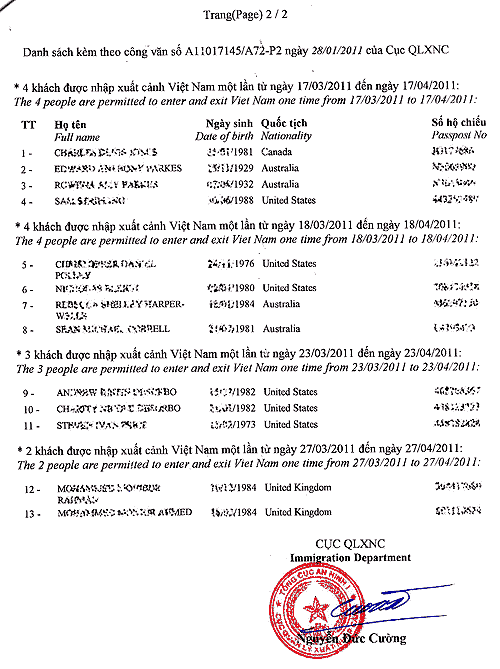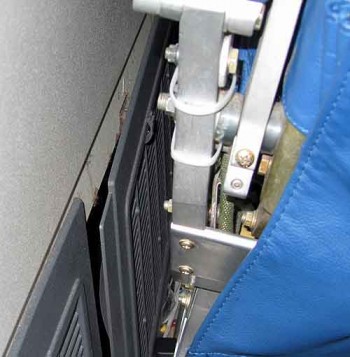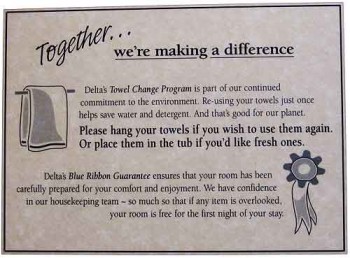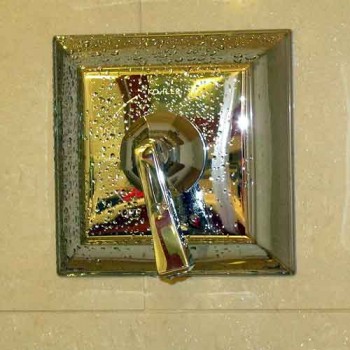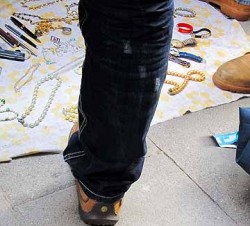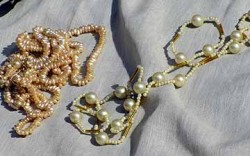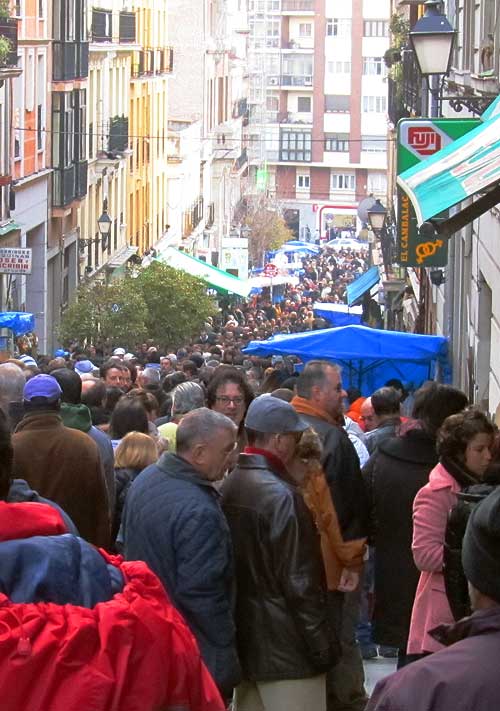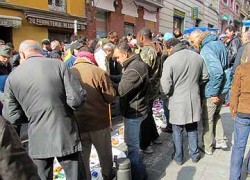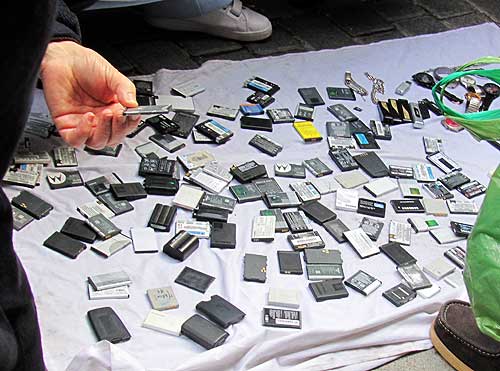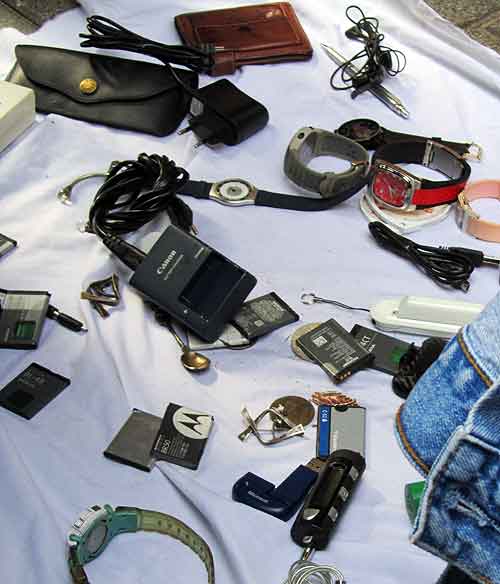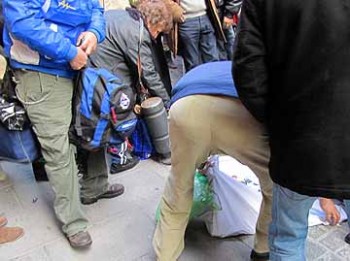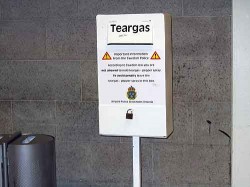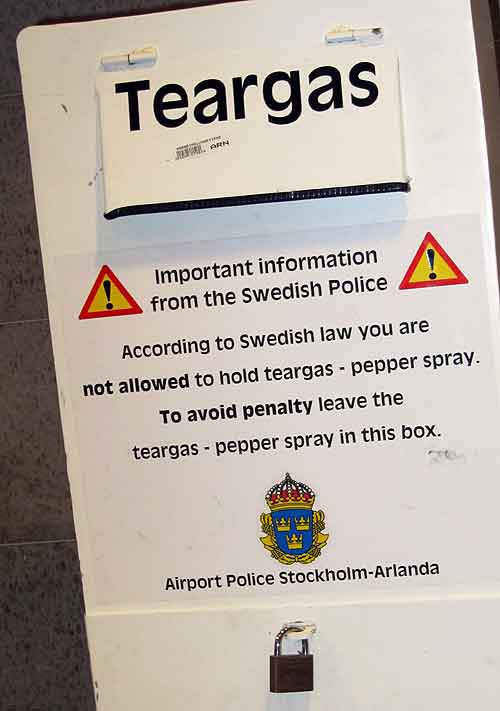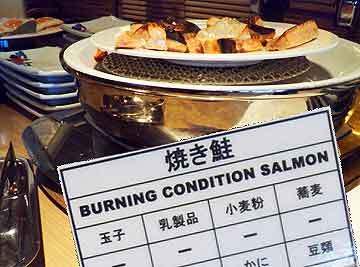Hotel front desk safe
Natalie is a tour sales manager for one of the major cruise lines. She’s an experienced world traveler and accustomed to advising others on travel dos and don’ts. She and a girlfriend, both Australian, took a trip to Bali, Indonesia. A wide range of hotel options exists there, from luxury six-star resorts to shacks on the beach that rent for two dollars a night. Natalie and Linda booked a “decent” hotel; one with a lobby, private bathroom, rooms that lock, and a sense of organization. In America and Europe, it would fall into the three-star range.
At check-in, the two women were each given a manila envelope in which to put their valuables. They sealed and signed the envelopes themselves and gave them to the reception clerk, who put them in the hotel front desk safe.
Admittedly, they had a splendid holiday on the exotic isle, carefree and uneventful.
At check-out, the two were given their envelopes and they turned to get a taxi. But as they were leaving, they overheard another guest complaining at the front desk. Cash was missing from her envelope.
Natalie and Linda tore into their envelopes and also found cash to be missing. Yet, their envelopes did not appear to be tampered with in any way. The hotel denied any responsibility and, after a brief argument, Natalie and her friend chose to leave in order not to miss their flight home. Later, Natalie wrote to the hotel, but never received a reply. She didn’t take the issue any further.
Did the hotel make a system of this nasty theft? If so, it’s particularly underhanded with its intentional implication of security. As in the “pigeon drop” scam, the villain suggests and the victim voluntarily complies with the transference of valuables to the bad guy. A con if ever there were one.
The timing, too, is strategic. Most guests, like Natalie and Linda, will have a plane to catch. They’ll often plan to fight the matter later, but rarely follow through.
So how was the envelope opened? Could it have been a magician’s trick?
In my former career as a graphic designer, I occasionally used wax to fix a graphic element to a page. Rarely, because most page design was completely electronic. The wax I used was in stick form. It looked and acted exactly like a glue stick, except that it never dried.
If hotel guests were handed a wax stick with which to seal their envelopes (I don’t know that they were), they’d likely never realize the temporary condition of the closure. A duplicitous staff member could later open a supposedly sealed envelope, then glue it shut properly. Who’d know? Who’d even notice?
Alternatively, the bottom flap of the envelope could have been lightly glued, then later opened and resealed.
There are just too many people in this world who cannot be trusted, and it’s best to avoid the necessity at all, if possible. Then what to do?
Travel with hard-sided luggage and use your largest as your safe. True, the entire suitcase can be stolen, but we feel that would be highly unlikely in most situations, while a small tempting object might, on occasion, “get legs.”
Excerpt from Travel Advisory: How to Avoid Thefts, Cons, and Street Scams
Chapter Four: Hotels—Have a Nice Stay

